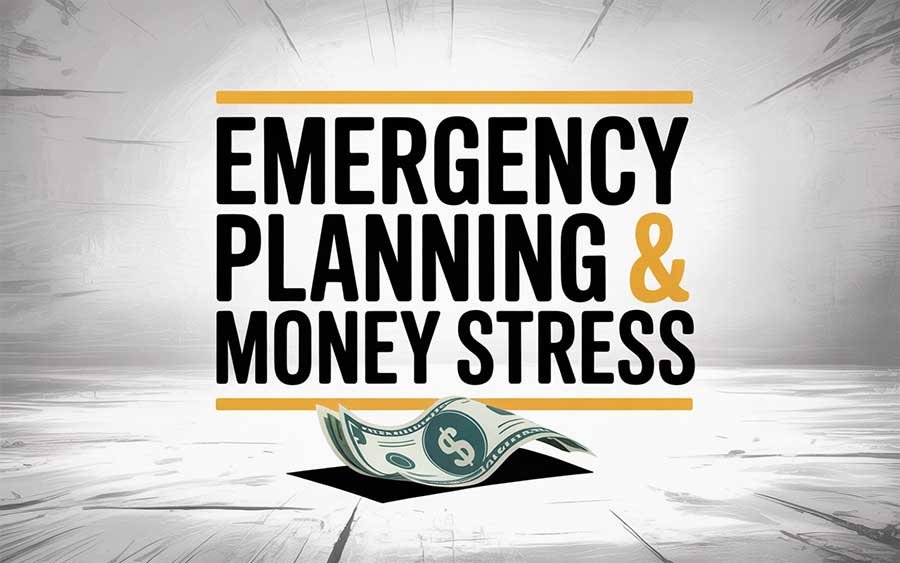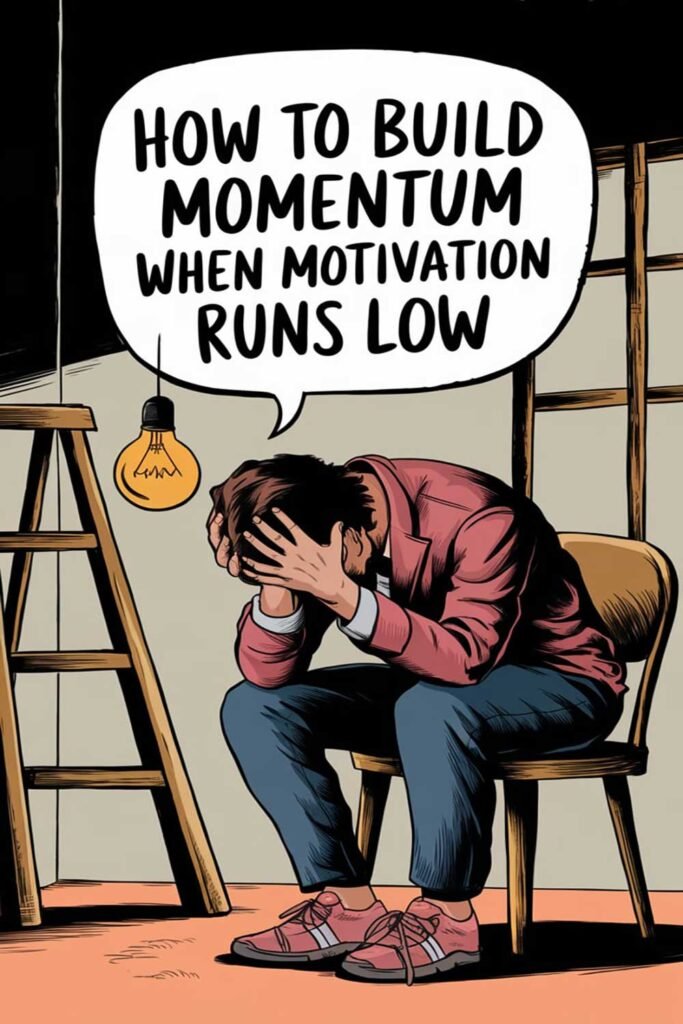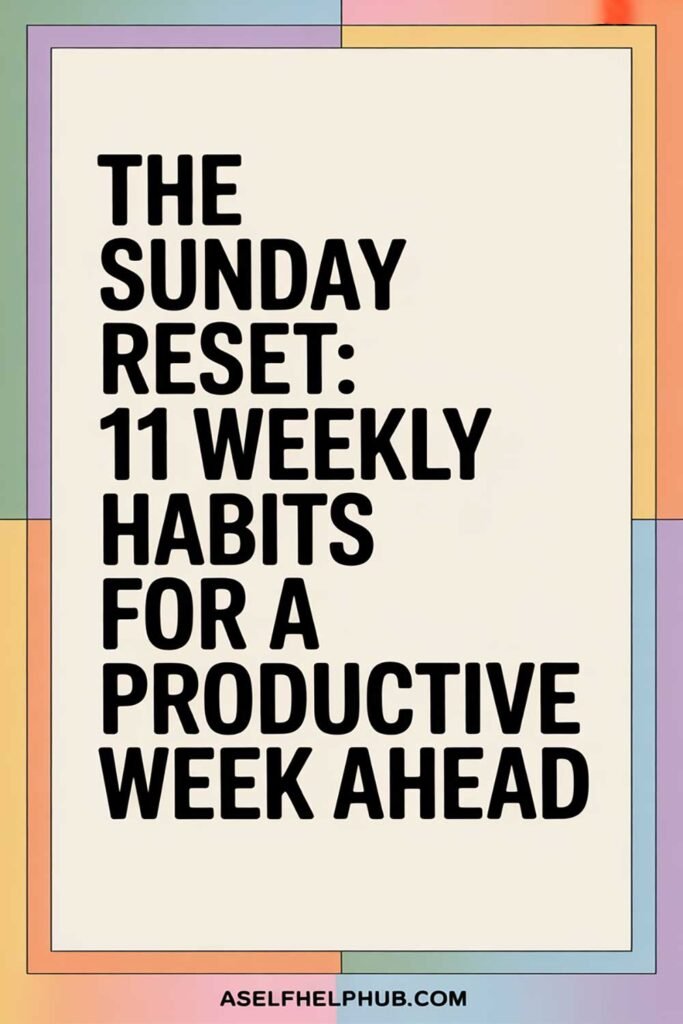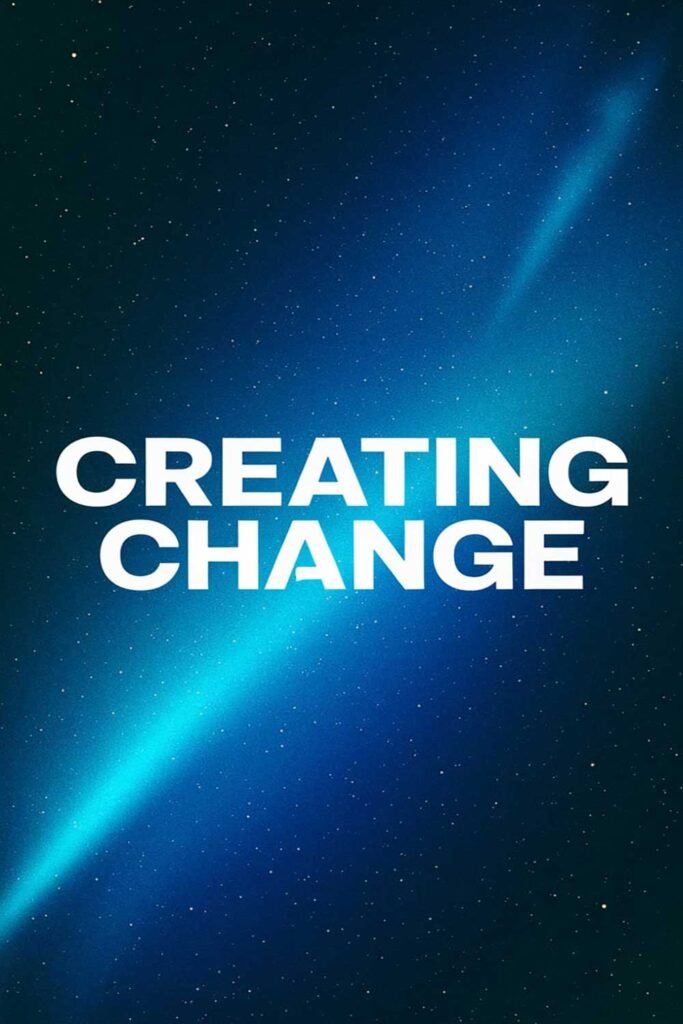
Emergency Planning & Money Stress: Building Your Shield Against the Unexpected
Life, in its unpredictable wisdom, often reminds us that even the best-laid plans can be disrupted by the unexpected. Natural disasters, sudden job loss, medical emergencies, or unforeseen home repairs can strike without warning, not only causing immediate chaos but also triggering immense financial stress. For many, the lack of a clear emergency plan, particularly a financial one, turns these challenging life events into full-blown crises, leading to debt, anxiety, and a feeling of being utterly overwhelmed.

Money stress related to emergencies is a pervasive problem, affecting mental health, relationships, and overall well-being. It’s the nagging worry about “what if” – what if the car breaks down? What if I get sick? What if there’s a major storm? This constant underlying anxiety can be as debilitating as the emergency itself. However, by proactively engaging in comprehensive emergency planning that directly addresses the financial implications, you can transform that dread into confidence, and vulnerability into resilience. Building this financial readiness is a key component of overall financial wellness.
This article will delve into the critical intersection of emergency planning and money stress, guiding you through actionable steps to create robust plans that not only protect your loved ones but also significantly alleviate financial anxiety when the unexpected inevitably arises.
The Hidden Cost of Unpreparedness: More Than Just Money
When an emergency hits and you’re financially unprepared, the costs extend far beyond the immediate expense:
- Emotional Toll: Overwhelming anxiety, fear, helplessness, and guilt can severely impact mental health.
- Relationship Strain: Financial crises are a leading cause of conflict and divorce among couples.
- Debt Spiral: Resorting to high-interest credit cards or predatory loans can trap you in a cycle of debt that takes years to escape.
- Lost Opportunities: Money diverted to emergencies might have been destined for retirement, education, or other important goals.
- Diminished Quality of Life: Constant worry about money prevents you from enjoying the present and planning for the future.
Emergency planning, particularly the financial component, is an investment in your peace of mind and long-term stability.
Comprehensive Emergency Planning: A Multi-Layered Approach
Effective emergency planning isn’t just about packing a go-bag; it’s about a holistic strategy that encompasses physical safety, communication, and, crucially, financial readiness.
1. Assess Your Risks & Create a Basic Family Plan
Understanding what emergencies are most likely to affect you allows for targeted preparation.
- The Strategy: Identify potential threats (e.g., natural disasters common to your area, power outages, personal emergencies like job loss or illness). Create a family communication plan (where to meet, who to call if phones are down). Assemble a physical emergency kit (water, food, first aid, essential documents).
- Real-Life Example: The Garcia family lives in an area prone to wildfires. Their emergency plan included designated evacuation routes, a central meeting point outside the home, and an updated contact list for all family members. This reduced their anxiety during fire season, knowing they had a protocol.
2. Build and Fund Your Emergency Savings (The Foundation)
This is the bedrock of financial emergency planning. Without liquid savings, other plans can fall apart.
- The Strategy: Aim for 3-6 months of essential living expenses in a separate, easily accessible savings account. If that seems daunting, start with a smaller goal, like $1,000, and build from there. Automate transfers from your checking account to this emergency fund. This foundational step is critical for alleviating money stress.
- Real-Life Example: Emily started with just $50 a paycheck, automatically transferred to a high-yield savings account. Within a year, she had over $1,200. When her car suddenly needed a $700 repair, she paid for it from her emergency fund without touching her credit card, avoiding weeks of financial stress.
3. Organize & Secure Important Financial Documents
In an emergency, quick access to critical papers can save immense time and heartache.
- The Strategy: Gather vital documents (insurance policies, birth certificates, passports, wills, property deeds, bank account numbers, investment statements, emergency contacts). Store originals in a fireproof, waterproof safe or a secure off-site location (like a safe deposit box). Keep digital copies encrypted on a cloud service or external hard drive.
- Real-Life Example: After a pipe burst and flooded their basement, the Johnsons were relieved they had kept copies of their homeowner’s insurance policy and critical financial records in a secure cloud folder. They could access everything they needed from their phone, even while dealing with the immediate clean-up, significantly streamlining the claims process.
4. Review and Update All Insurance Policies
Insurance is your first line of financial defense against major unexpected events.
- The Strategy: Review homeowners/renters, auto, health, life, and disability insurance policies annually. Ensure coverage is adequate for your current assets and needs. Understand your deductibles and what is/isn’t covered. Consider flood or earthquake insurance if relevant to your area.
- Real-Life Example: Mark’s neighbor suffered significant damage from a flood, only to discover their standard homeowner’s policy didn’t cover it. Prompted by this, Mark reviewed his own policy and, realizing the risk, added specific flood insurance, ensuring his biggest asset was protected from his area’s specific natural disaster risks.
5. Create a “Grab-and-Go” Financial Folder
For quick evacuations or power outages, having immediate access to key financial info is vital.
- The Strategy: Compile a small, waterproof, easy-to-grab folder containing:
- Small amount of cash (small bills).
- Copies of driver’s licenses, passports, insurance cards.
- List of emergency contacts (physical and digital).
- List of important account numbers and customer service phone numbers (banks, credit cards, insurance).
- Any essential prescriptions or medical information.
- Real-Life Example: During a sudden power outage, Sarah realized she didn’t have cash or her insurance card readily available. After the event, she assembled a “grab-and-go” folder, including her car insurance details and a list of local gas stations that accept cash. This ensured she’d be prepared for future unexpected disruptions.
6. Diversify Income & Skill Sets (Long-Term Resilience)
While not immediate, building multiple income streams or adaptable skills can reduce financial stress from job loss.
- The Strategy: Explore opportunities for additional income through side hustles, or invest in skills that make you more resilient in the job market. This long-term planning enhances your ability to recover from financial shocks. For practical tips, consider looking into resources on how to save money on gas without driving less or 15 grocery shopping hacks that save you money fast to free up capital, which can then be used to invest in new skills or to start a side venture. Also, resources on entrepreneurship can provide insights into diversifying income streams.
- Real-Life Example: After a round of layoffs at his company, David, an engineer, realized his reliance on a single income source was a vulnerability. He started taking online courses to gain new certifications in a high-demand tech field. Though it took time, these new skills diversified his earning potential, making him less susceptible to future industry downturns and significantly reducing his long-term money stress.
The Peace of Preparedness: Beyond the Emergency
The most profound benefit of emergency planning isn’t just surviving a crisis; it’s the peace of mind you gain knowing you’ve done everything in your power to prepare. This proactive stance reduces daily money stress, fosters a sense of control, and frees up mental energy to enjoy life.
Remember, emergencies are not a matter of if, but when. By taking intentional steps today to plan and prepare, especially financially, you build a powerful shield against future shocks. You empower yourself and your family to navigate life’s inevitable challenges with resilience, rather than succumbing to fear and financial despair.
20 Empowering Quotes on Preparedness, Resilience, and Financial Peace:
- “By failing to prepare, you are preparing to fail.” – Benjamin Franklin
- “The best way to predict the future is to create it.” – Peter Drucker
- “It is not the strongest of the species that survives, nor the most intelligent, but the one most responsive to change.” – Charles Darwin
- “Don’t wish it were easier, wish you were better.” – Jim Rohn (Applies to preparedness)
- “Financial peace isn’t the acquisition of stuff. It’s learning to live on less than you make, so you can save money and invest money. You can’t win until you do this.” – Dave Ramsey
- “Fortune sides with him who dares.” – Virgil (But preparation helps!).
- “Worrying is like a rocking chair. It gives you something to do but gets you nowhere.” – Van Wilder (Preparedness replaces worry)
- “An investment in knowledge pays the best interest.” – Benjamin Franklin (Knowledge of emergency planning).
- “The future belongs to those who prepare for it today.” – Malcolm X
- “Control your money, or the lack of it will forever control you.” – Dave Ramsey
- “The wise man does not lay up his own treasures. The more he gives to others, the more he has for his own.” – Lao Tzu (Can apply to being prepared to help oneself and others).
- “A budget is telling your money where to go instead of wondering where it went.” – Dave Ramsey
- “If you are prepared, you shall not fear.” – L. Tom Perry
- “The greater the storm, the brighter the rainbow.” – Unknown (Preparation helps weather the storm).
- “It always seems impossible until it’s done.” – Nelson Mandela (Applies to building emergency funds and plans).
- “Peace of mind comes from not wanting to change others, but accepting them, and accepting life as it is.” – Gerald Jampolsky (Applies to accepting life’s unpredictability).
- “The best defense is a good offense.” – Unknown (Proactive planning is the best defense).
- “Don’t let yesterday take up too much of today.” – Will Rogers (Focus on preparing for tomorrow).
- “To be prepared is half the victory.” – Miguel de Cervantes
- “True security is not found in accumulation, but in the resilience of your spirit and your plans.” – Unknown
Picture This
Imagine your life as a sturdy house. Without emergency planning, it’s built on shifting sand, vulnerable to every storm. When the winds of crisis hit, the walls crack, the roof might cave, and panic sets in. Now, picture that same house with diligent emergency planning. You’ve reinforced its foundation (emergency fund), installed storm shutters (insurance), secured your most valuable possessions (organized documents), and even built a storm shelter (your family emergency plan). When the winds howl, you’re inside, calm and ready. The storm is still outside, but your anxiety is replaced by a quiet confidence, because you’ve built your shield.
Share This Article
Did this article help you think about emergency planning and money stress? Share it with friends, family, or on social media to help others build their shield against the unexpected and gain financial peace of mind!
Disclaimer
This article is intended for informational purposes only and provides general guidance on emergency planning and financial preparedness. It is not a substitute for professional financial advice, emergency services recommendations, or legal counsel. Specific emergency preparedness steps should always align with local guidelines and personal circumstances. Please consult with qualified professionals for personalized guidance.






